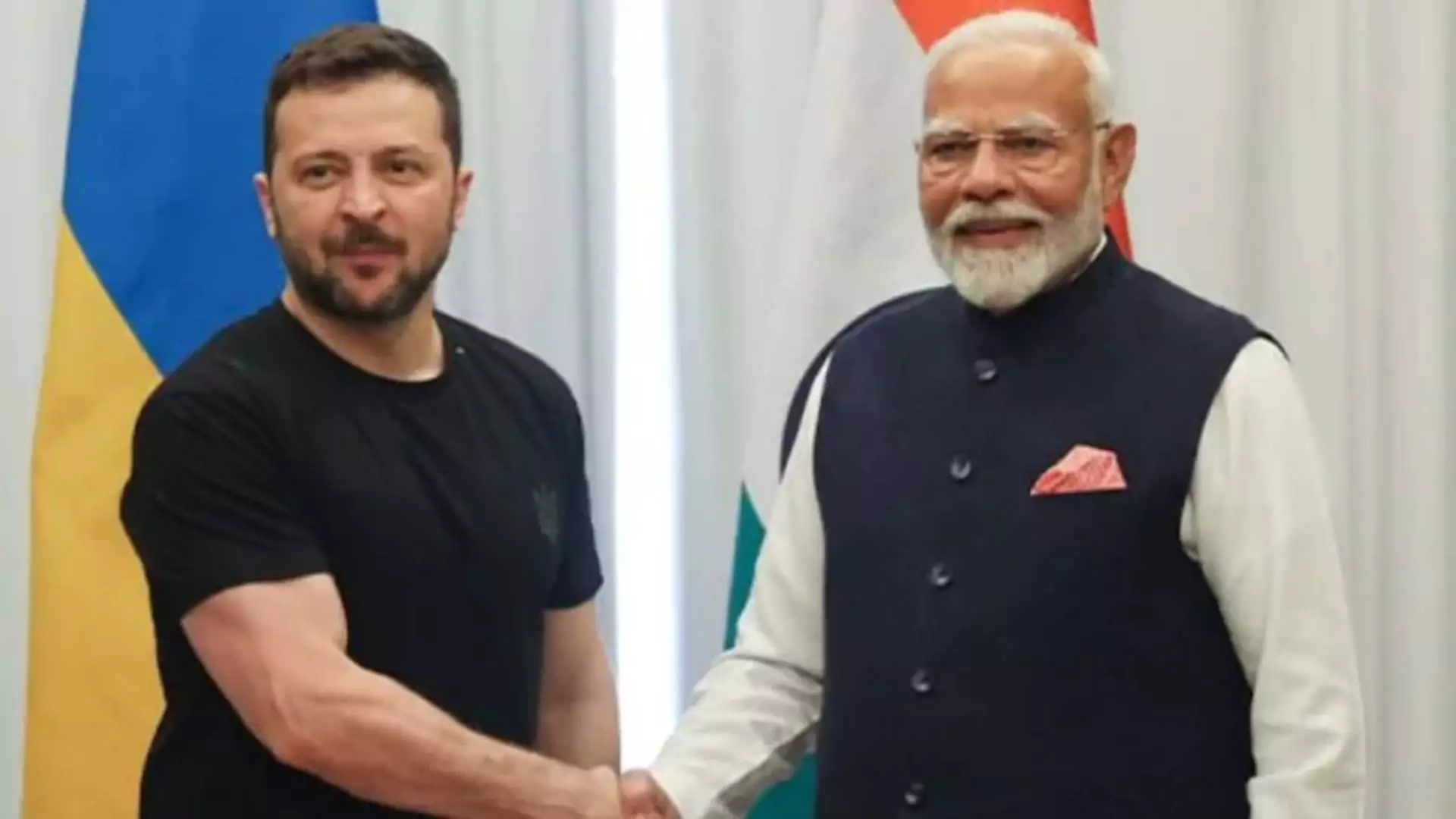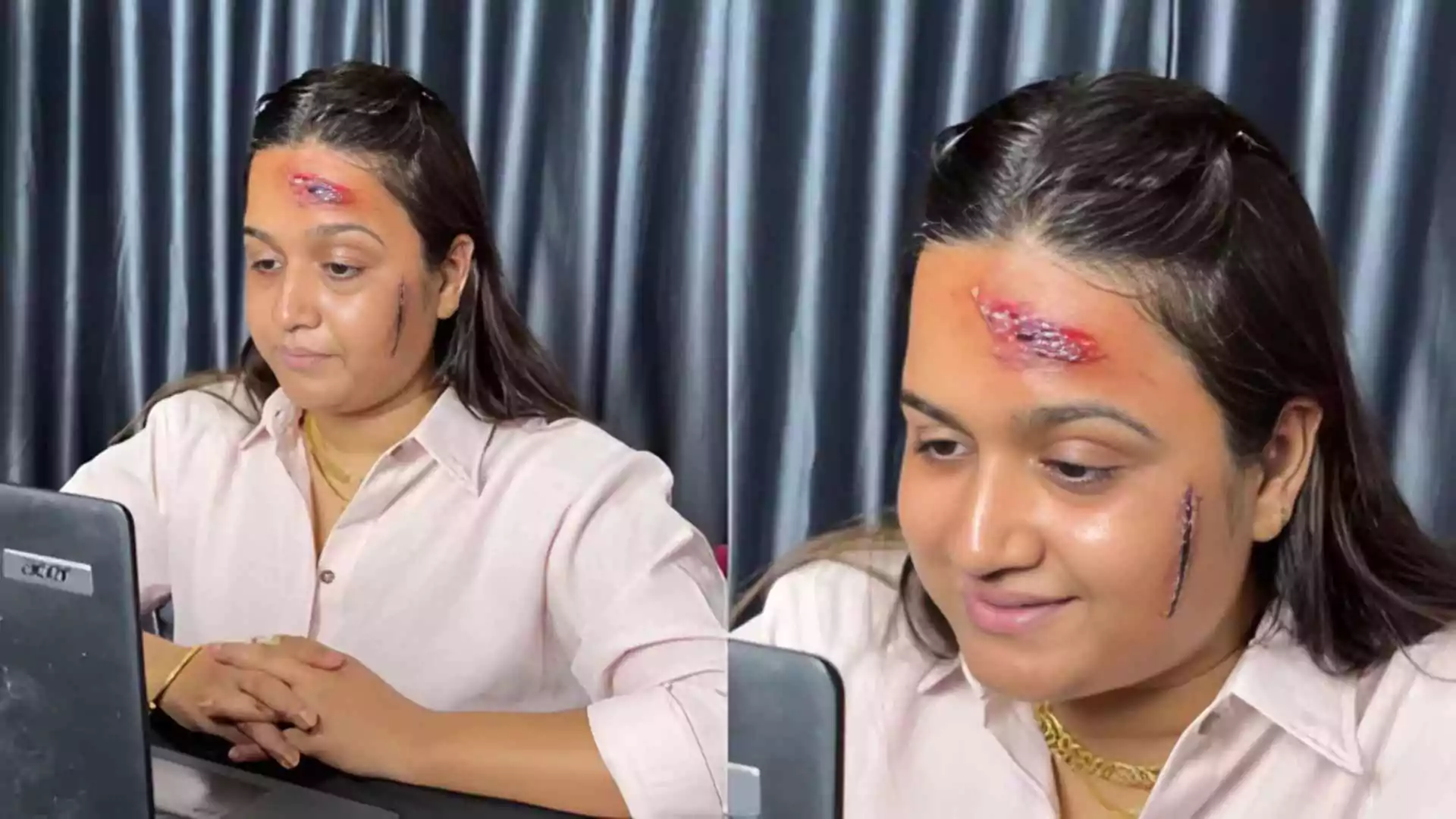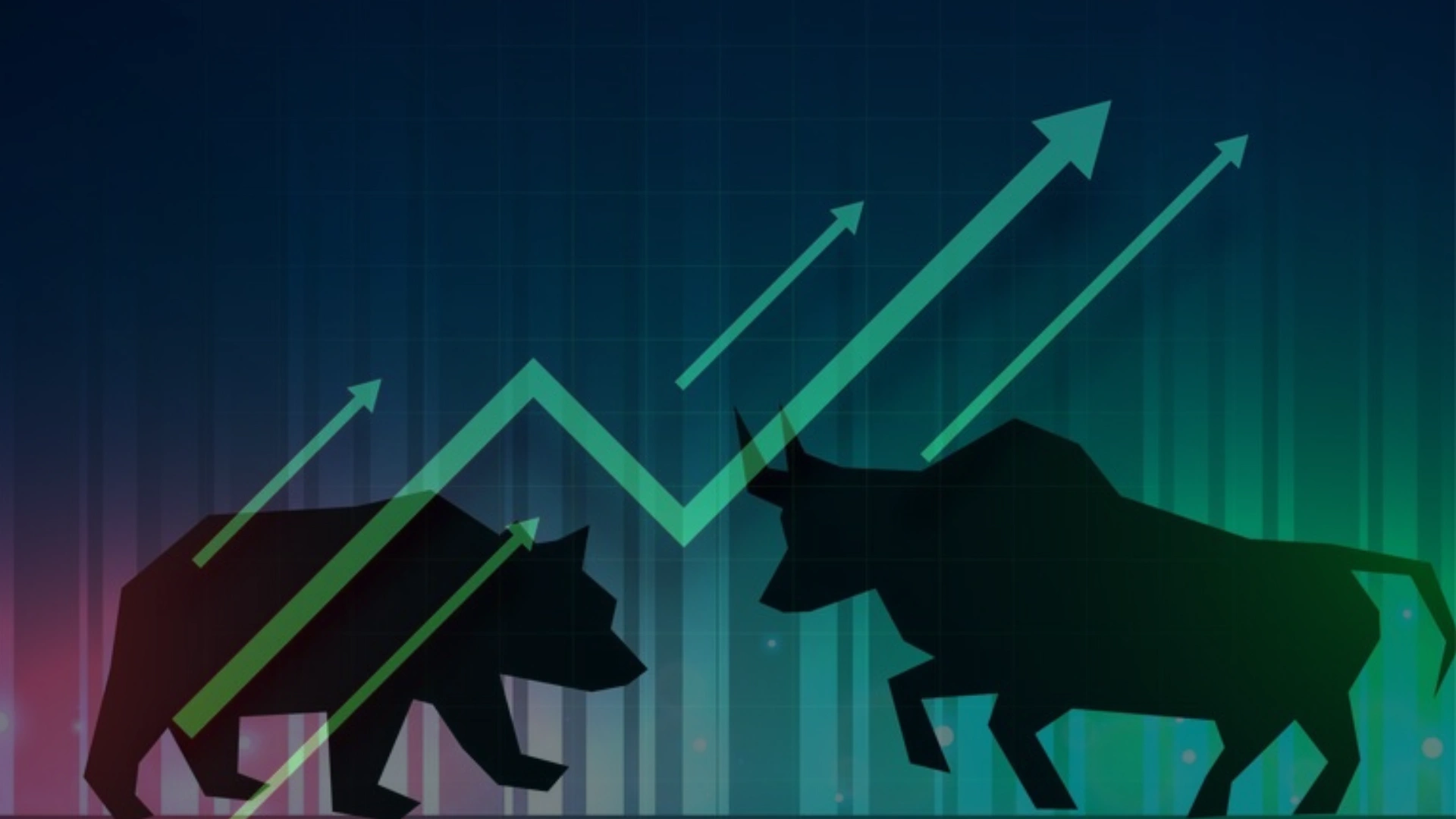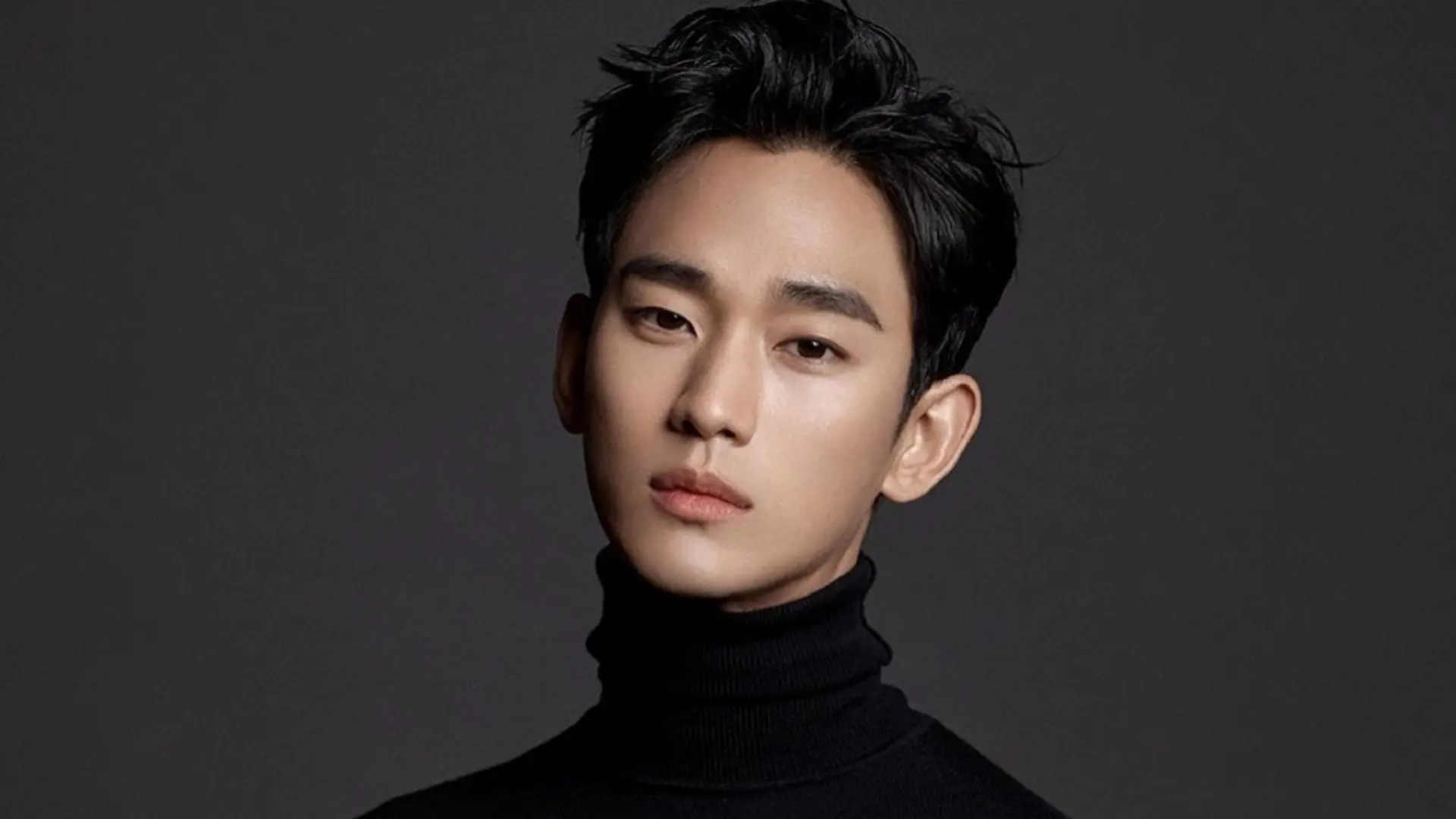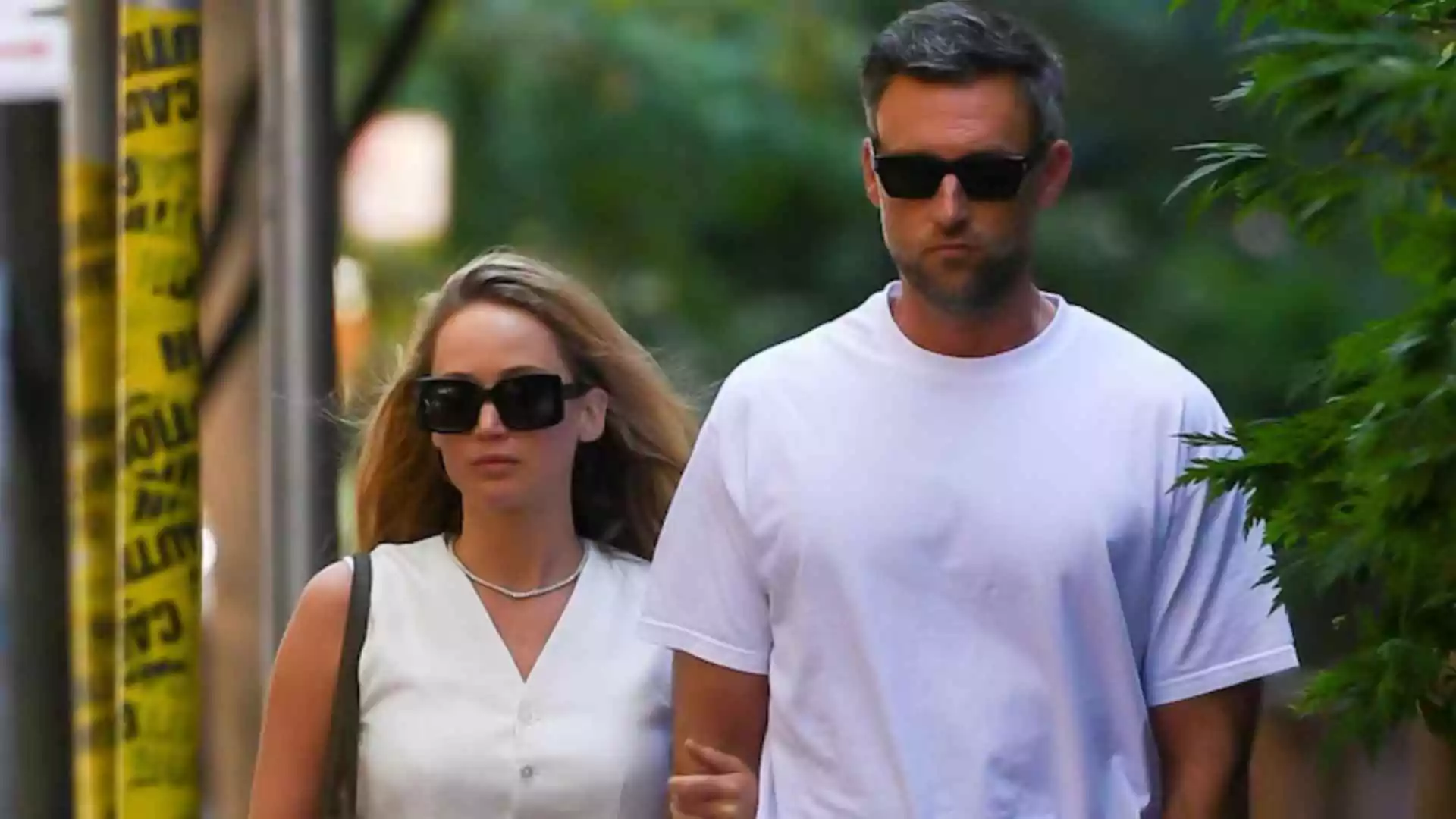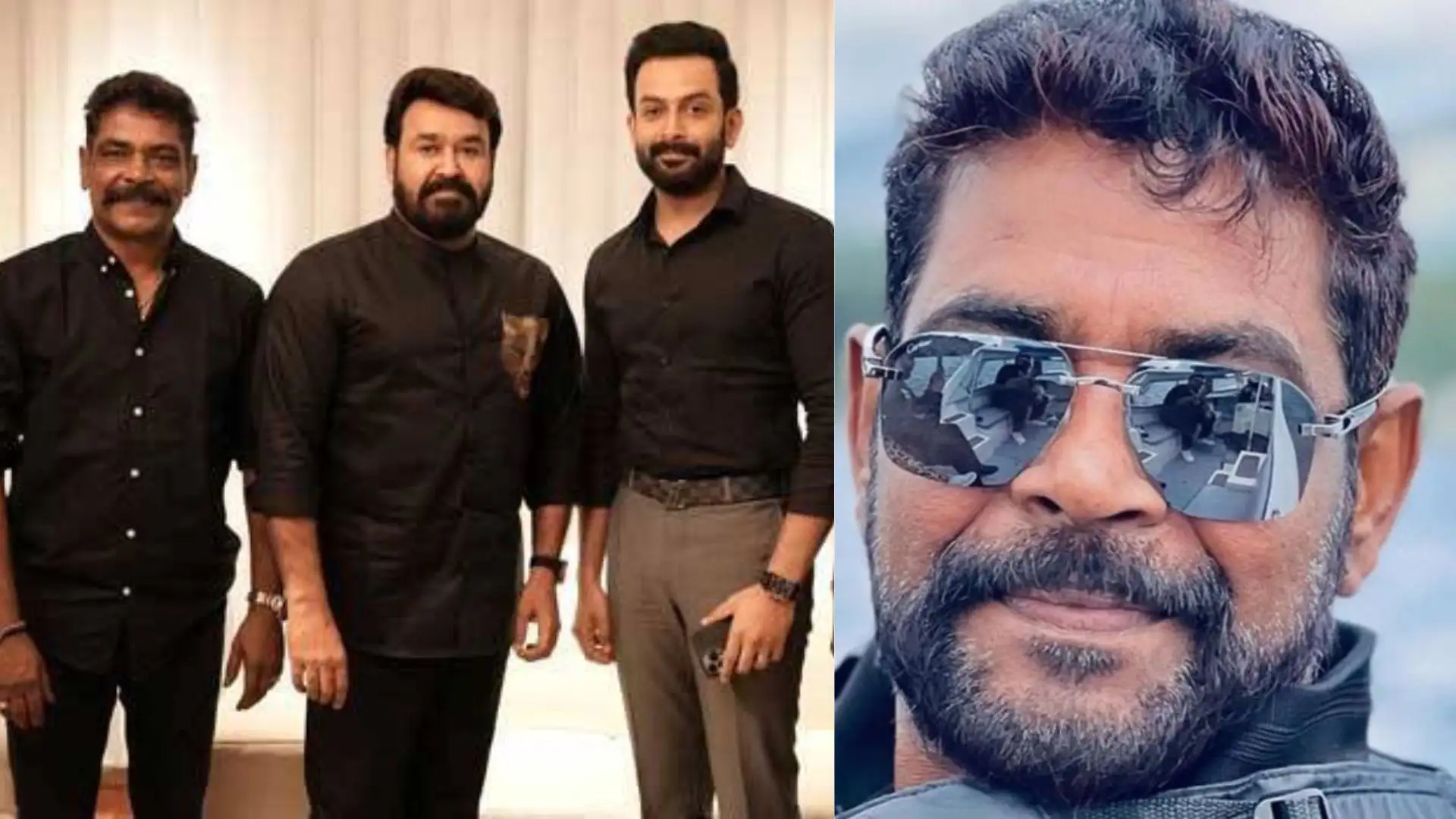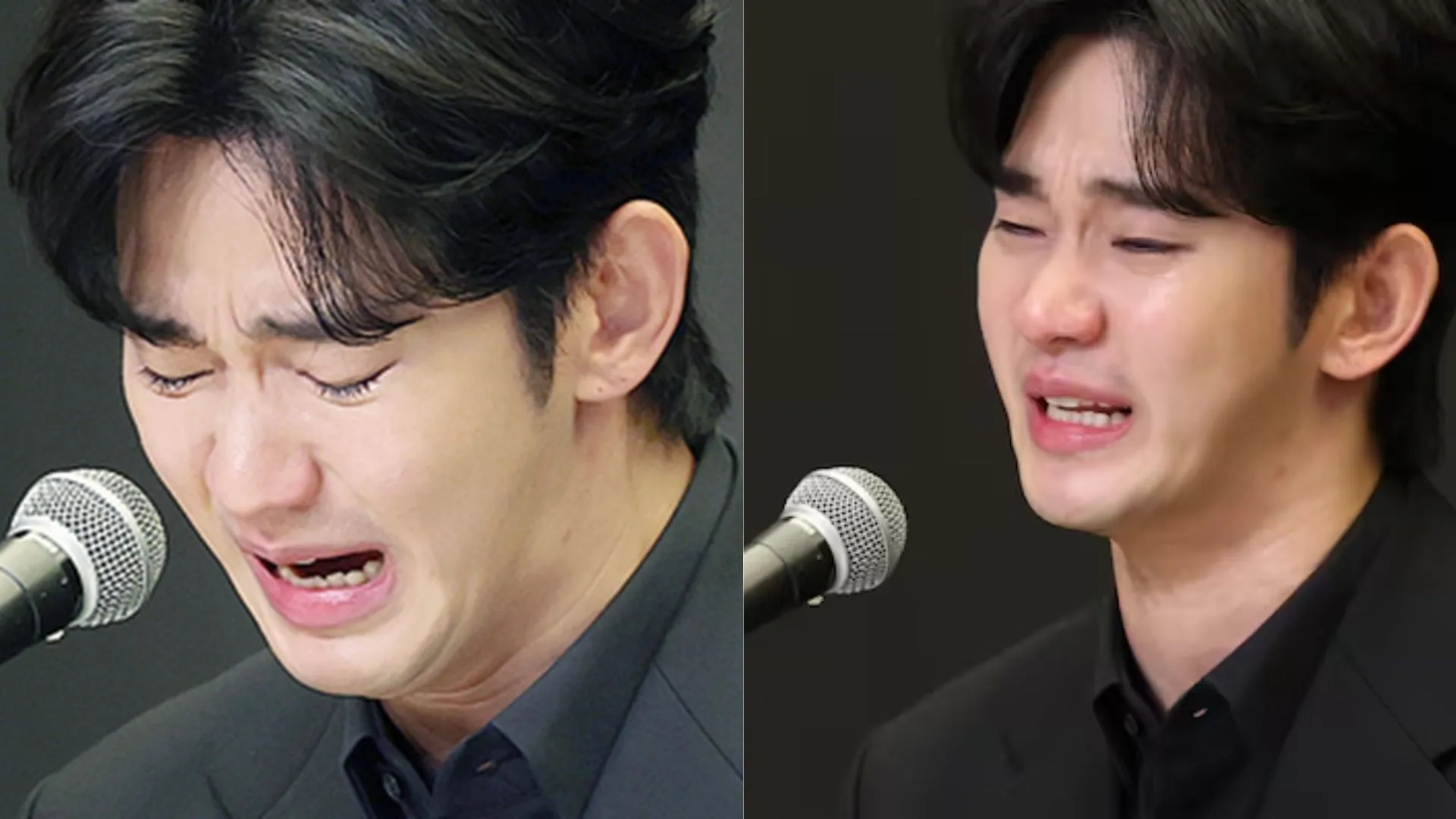Prime Minister Narendra Modi made history with his recent visit to Ukraine, marking the first time an Indian prime minister has travelled to the country since diplomatic relations were established in 1992. The visit, which included a meeting with Ukrainian President Volodymyr Zelensky, has drawn significant attention from global media outlets, reflecting on its potential impact on the ongoing conflict in Ukraine and India’s foreign policy stance.
Highlights of PM Modi’s Visit to Ukraine
During his landmark visit to Kyiv, PM Modi offered his support to help bring peace to Ukraine, positioning himself as a “friend” to the war-torn nation. This gesture has sparked hope among many Ukrainians that India could play a mediating role in the peace process between Ukraine and Russia.
The visit comes at a critical moment in the conflict, which began in February 2022 when Russia launched a full-scale invasion of Ukraine. With Russian forces making incremental gains in eastern Ukraine and Kyiv responding with cross-border incursions, the situation remains volatile.
Media Coverage and Analysis
Several international news agencies covered PM Modi’s visit and its implications. Reuters noted that the visit to Kyiv bore similarities to Modi’s recent trip to Moscow, where he called for peace and showed a friendly rapport with Russian President Vladimir Putin. This stance has caused some frustration in Ukraine, especially after a Russian missile attack struck a children’s hospital in Ukraine on the same day Modi met with Putin.
The BBC reported that one of the first places PM Modi visited in Ukraine was the National Museum of the History of Ukraine in World War II. Here, he viewed an exhibition dedicated to the 570 Ukrainian children who have reportedly been killed since the Russian invasion began. PM Modi expressed his sorrow for the loss of young lives on social media, writing on X (formerly Twitter), “Conflict is particularly devastating for young children. My heart goes out to the families of children who lost their lives, and I pray that they find the strength to endure their grief.” He also laid teddy bears at a memorial and observed a moment of silence.
The Associated Press highlighted that Modi’s visit might represent an effort to adopt a more neutral stance after being perceived as leaning towards Russia. The agency cited analysts suggesting that this visit could mark the beginning of a more complex dialogue between India, Ukraine, and Europe.
Ukrainian analyst Yurii Bohdanov, quoted by AP, stated that building strong relations with India will be a challenging and prolonged process. However, if India were to support Ukraine’s approach to a peace settlement, it could enhance Kyiv’s chances of gaining more backing from other countries, particularly in the Global South, where India is viewed as a key competitor to China.
Read More: EAM S. Jaishankar Highlights Historic Nature Of PM Modi’s First Visit To Ukraine Since 1992
Strategic Implications of Modi’s Visit
The New York Times quoted Ukraine’s Foreign Minister Dmytro Kuleba, who described Modi’s visit as a “big diplomatic breakthrough” for Ukraine. Kuleba emphasized that Ukraine hopes to show that its relationships with neutral nations are balanced and respectful, even amid ongoing hostilities. He also clarified that while Ukraine is not seeking India to mediate any potential peace talks, establishing a dialogue with India remains significant.
Michael Kugelman, director of the South Asia Institute at the Wilson Centre in Washington, was cited by the BBC, remarking that India’s approach is about reasserting its strategic autonomy. “India isn’t in the business of placating Western powers, or anyone for that matter. It’s a trip meant to advance Indian interests by reasserting friendship with Kyiv and conveying its concerns about the continuing war,” Kugelman explained.
Economic and Political Context
India’s relationship with Russia has been under scrutiny since the invasion began. While Western nations have imposed strict sanctions on Russia and cut trade relations, India has maintained and even expanded its economic ties with Moscow. Indian refiners have become significant buyers of Russian seaborne crude, with Russian oil now accounting for over 40% of India’s oil imports.
Mykhailo Podolyak, an adviser to President Zelensky, emphasized the importance of building relations with countries like India, which hold sway over Moscow. “It’s extremely important for us to effectively build relations with such countries, to explain to them what the correct end to the war is—and that it is also in their interests,” he told Reuters.
The visit underscores India’s balancing act in maintaining relationships with both Ukraine and Russia while advancing its own strategic and economic interests. As the conflict continues to evolve, PM Modi’s diplomatic engagement may pave the way for a nuanced role for India in the region’s geopolitics.
PM Narendra Modi’s visit to Ukraine is a significant diplomatic development, signaling India’s intent to engage with all sides in the conflict while maintaining its strategic autonomy. As the global media highlights, this visit could be a step toward a more active Indian role in international diplomacy, particularly in conflict mediation and peace efforts.
Read More: ‘PM Modi And Zelenskyy Focus On Strengthening Trade And Defence Relations,’ Says EAM Jaishankar


